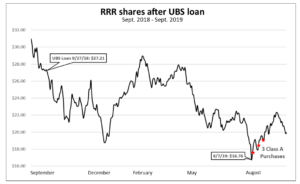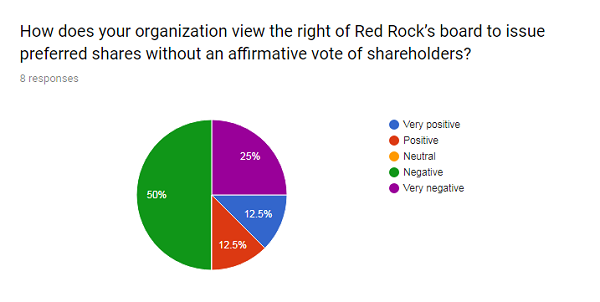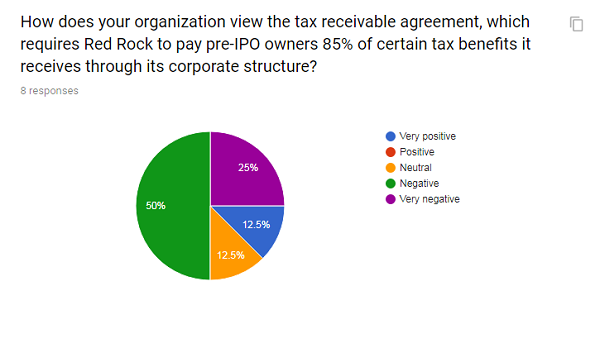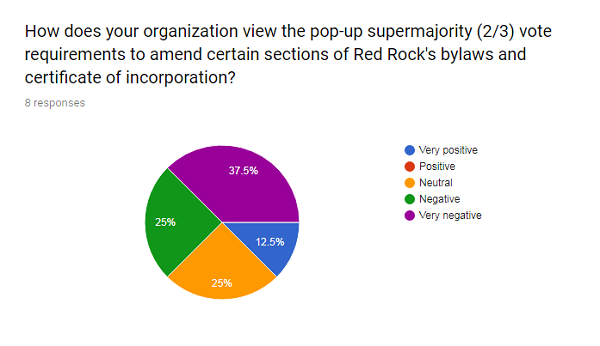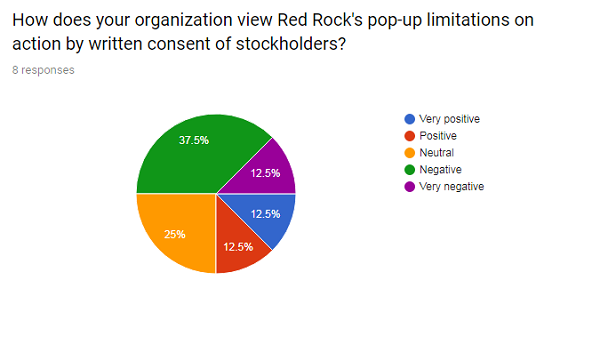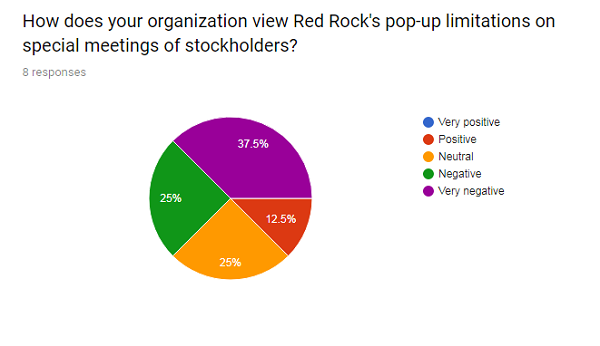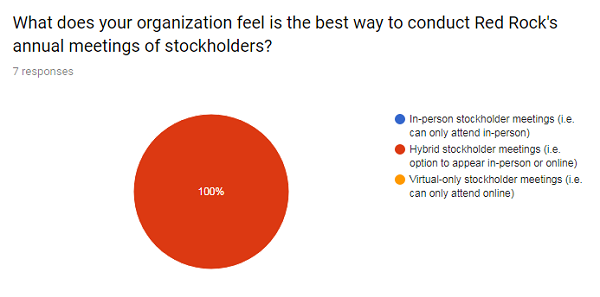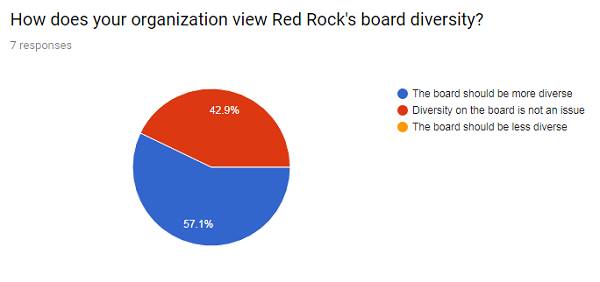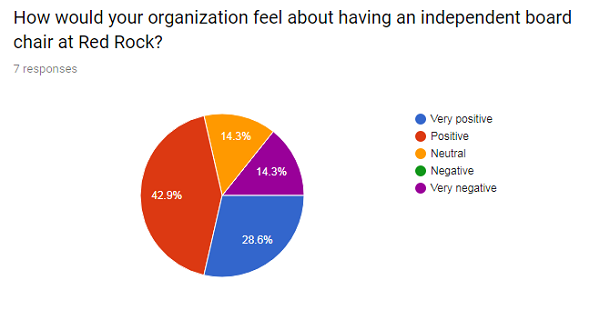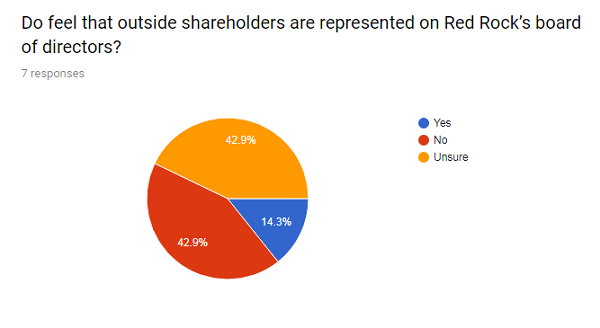Red Rock Resorts Public Shareholders Vote for Change
Submitted by the New York State Common Retirement Fund and co-filed by SEIU Pension Plans Master Trust, Proposal 4 at Red Rock Resorts’ most recent annual meeting asked the board of directors to take steps to eliminate the company’s dual-class share structure. We argued that there were good reasons to support the proposal. Now, despite the proposal’s defeat, we assess that approximately 87% of the publically-held (non-insider) shares that were voted were cast in favor of it.
From the April 22 proxy filing, we estimate that the company’s named executive officers and directors, including controlling owners Frank and Lorenzo Fertitta, had approximately 464.4 million votes thanks to the fact that each of the approximately 45.4 million B shares owned by the Fertittas was entitled to 10 votes. Assuming all the insiders voted against Proposal 4, approximately 6.7 million votes controlled by public holders were cast against the proposal, while more than 43.7 million votes were cast for it. (See the official tally here.) This means that 86.7% of the publically-held shares that were voted were cast in support of the proposal to change and improve the company’s corporate governance.
Proposal 4 Voting Results by Publically-Held Shares
| Votes | Percentages | |
| FOR | 43,758,349 | 86.7% |
| AGAINST | 7,309,136 | 13.3% |
This is the second time in three years public shareholders of Red Rock Resorts have voted to support a shareholder proposal to improve corporate governance. In 2019, CalPERS submitted a proposal to adopt majority voting for director elections (“Red Rock’s All-White, All-Male Board Draws Calpers’ Attention”, Bloomberg, 6/5/2019). We calculate that CalPERS’ proposal was supported by approximately 83.3% of the publically-held shares that were voted. Nevertheless, the company has not changed its plurality voting standard for director elections.
While Red Rock Resorts traces its history to the founding of Bingo Palace (which later became Palace Station), it cannot hold on to an anachronistic view of itself as a family business and continue to deny public investors a fair say in corporate governance. Red Rock Resorts can do better, and public shareholders of Red Rock Resorts deserve better. It should listen to public shareholders and adopt majority voting for directors and take steps to eliminate the dual-class share structure.

